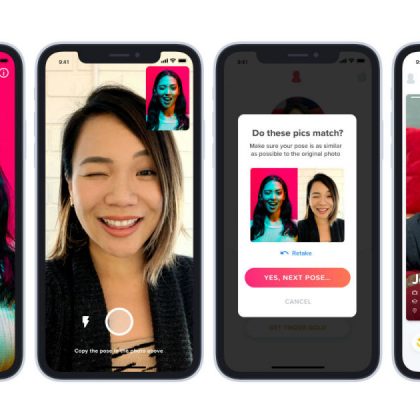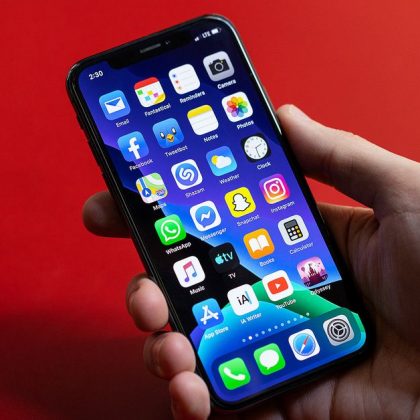Android Q was a big focus of Google I/O 2019’s opening keynote, but there has been a ton of other news that has come out of the rest of the conference. In case you missed anything, here are some assorted Android Q tidbits we’ve found throughout the week. The best gifts for Android users Android Beam is officially dead This really shouldn’t come as a surprise. After it disappeared in the first Android Q beta, Google has confirmed to TechRadar that it’s removing Android Beam from the OS starting with Q.
Code commits in AOSP previously hinted strongly at this change, so again, it’s really not surprising that it won’t come back in the final Q release. Android Beam, the NFC sharing method where you put to phones back to back to transfer photos, videos, and other files, is nowhere to be found in the ongoing Android Q beta. At Google IO, we found out that it’s not coming back, either, according to the reps we talked to who are working on Android updates. Yup, Android Q is 10.0 OK this should be obvious, but just in case there was any doubt, yes, Android Q is 10.0. Google has been jumping version numbers each year, and this release is no different. It also aligns with the 10-year anniversary of Android itself, so that’s cool.
Native support for AV1 Video Codec A smaller bit of Android Q news that came out of I/O week was the confirmation that Google is supporting the AV1 video codec. As Android Police points out, this new codec is the successor to VP8/VP9, and it’s developed by the Alliance for Open Media, a group of companies which Google is a leading member. AV1 supports better compression of up to 50% compared to x.264. That means that streaming video on services using this codec might take up less data on your device. It’ll be quite some time before AV1 is widespread, but it’s good to see Android Q jumping on board. Future versions of Android will support Electronics IDs (but maybe not Q) Following up on a bit of news from earlier this year, Google confirmed that it is working on bringing electronic ID support to Android, it just might not be live in Q. VentureBeat explains that Google “wants to make sure its implementation follows cryptography practices and standardization procedures.”
That makes this a bit harder to implement than you might expect. Rene Mayrhofer, head of Android Platform Security, explains that “the mobile driving license (mDL) ISO standard hasn’t locked down yet to a sufficient extent [for us] to drop the API already into the Q platform” despite it being the standard which is farthest ahead. Apparently, the Android team may not wait for that standard to be ready, though. Instead, very, very soon, we will launch another Jetpack compatibility library that app developers can use immediately to write such apps for various DMVs or whatever cards — in the future, maybe even travel documents, although that kind
Read More





